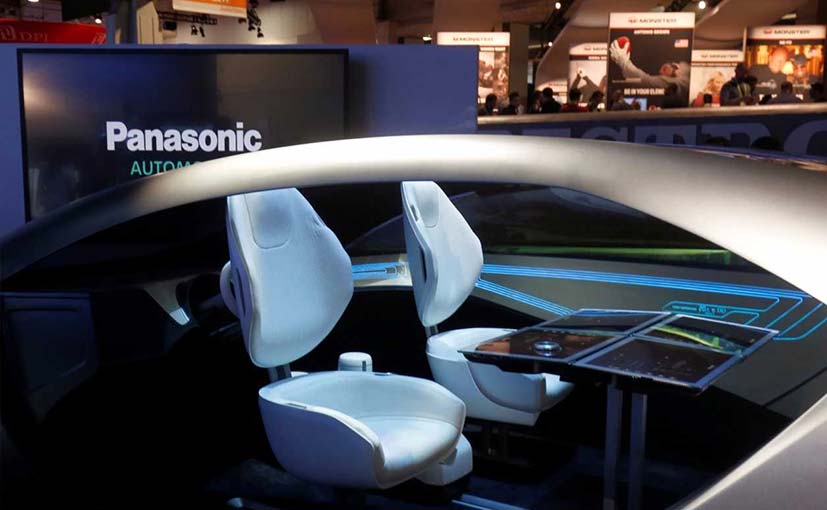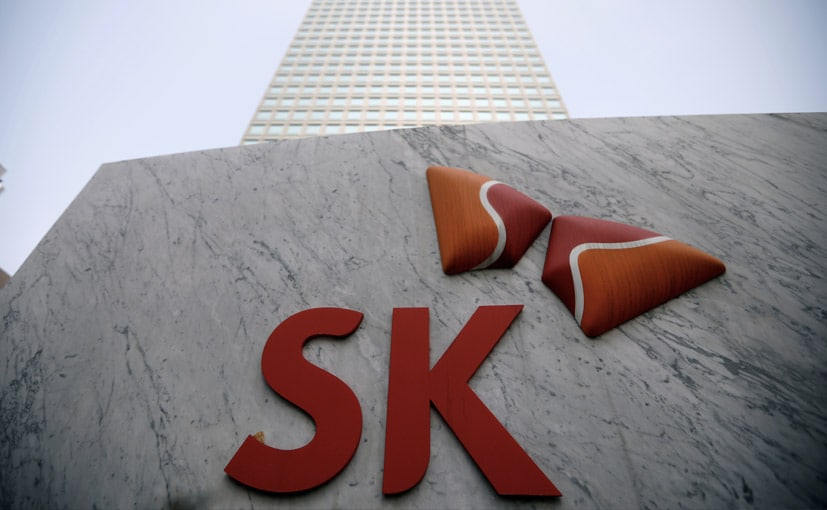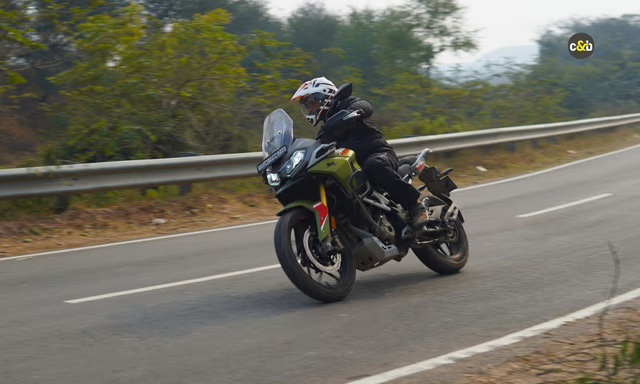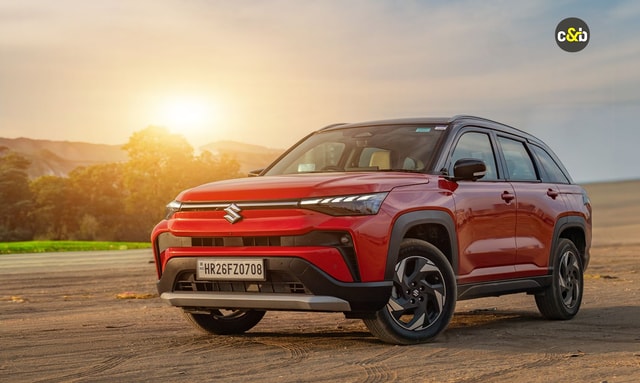Factbox-Electric-Vehicle Batteries: Major Players And Their Expansion Plans

The global auto industry's shift to electric vehicles (EVs) has spurred an expansion race among battery makers and led to a growing skills shortage. Global EV sales, estimated at 2.5 million vehicles in 2020, is forecast to grow more than 12-fold to 31.1 million by 2030 and account for nearly a third of new vehicle sales, according to consulting firm Deloitte. Here are major players' expansion plans in key EV markets of China, the United States and Europe.
CATL
As of end-June, the Chinese company had an annual battery production capacity of 65.45 Gigawatt hours (GWh) and an additional 92.5 GWh of capacity under construction. The global industry leader by market share, its clients include Volkswagen, General Motors, BMW, Daimler, and Chinese automakers. The company announced a plan in August to set up a production base in Shanghai, a move that will put it close to Tesla Inc's Chinese production base.
LG ENERGY SOLUTION (LGES)
The South Korean leader expects its production capacity to reach 155 GWh by the end of 2021 and plans to raise that to 430 GWh by 2025 - which could power about 7.2 million EVs. It plans to invest more than $4.5 billion in its U.S. battery production business through 2025. The plans include two new plants, jointly built with GM in Ohio and Tennessee, which would allow LGES to manufacture 70 GWh of batteries in the United States by 2024. LGES already has a factory in Michigan with an annual production capacity of 5 GWh.
In China, where the company makes cylindrical battery cells for Tesla, it has invested about 5.7 trillion won ($4.8 billion) and plans to invest another 1.5 trillion won. It has invested about 6.8 trillion won in Poland since 2016 to secure an annual production capacity of 70 GWh and plans to make another 2.5 trillion won investment. In July, LGES and Hyundai Motor Group said they would invest $1.1 billion to jointly set up an EV battery cell plant in Indonesia.

Panasonic plans to begin a test line in Japan this year to make a new cylindrical battery designed by Tesla to halve battery costs
PANASONIC
The Japanese company manufactures cylindrical NCA (Nickel-Cobalt-Aluminum) batteries in the United States at a plant in Nevada and in facilities in Japan. Nearly all go to Tesla. It does not disclose its manufacturing capacity, but in May said it was aiming to expand the 35 GWh Nevada facility because of increased demand from Tesla. The Nevada plant, built for $1.6 billion, was opened in 2014.
Panasonic plans to begin a test line in Japan this year to make a new cylindrical battery designed by Tesla to halve battery costs. It also has a joint venture with Toyota Motor, Prime Planet Energy & Solutions, to develop prismatic batteries. Panasonic is also considering building an auto battery plant in Norway to expand into Europe, but has yet to give details.
SK ON
SK On has a combined global annual production capacity of 40 GWh - 27 GWh in China, 7.5 GWh in Hungary and the rest from South Korea. It plans to boost that more than five-fold to 220 GWh by 2025, with the expansion primarily focused on the U.S. market. SK On is building two EV battery plants in Georgia with a combined annual production capacity of 21.5 GWh that will begin production in early 2022.
With partner Ford Motor Co, it has a 10.2 trillion won investment plan to build three battery plants in the United States with a combined annual capacity of 129 GWh of batteries, enough to power about 2.2 million EVs. SK said it has an industry-leading order backlog of 1,600 gigawatt hours, enough for 27 million vehicles.

SK On has a combined global annual production capacity of 40 GWh - 27 GWh in China, 7.5 GWh in Hungary and the rest from South Korea
SAMSUNG SDI
The affiliate of Samsung Electronics Co Ltd has EV battery cell plants in Hungary, China and South Korea. It has entered an agreement for a joint venture with automaker Stellantis NV to produce EV battery cells and modules in the United States. The aim is to start operations by the first half of 2025 with an initial annual battery production capacity of 23 GWh, which can be ramped up to 40 GWh in the future - enough to power about 670,000 electric vehicles, Samsung SDI said.
Samsung SDI does not disclose breakdowns of its investments or production capacity of each battery production site. In July, Reuters reported the company, whose customers include Ford and BMW, may build a battery cell plant in the United States.
(This story has not been edited by NDTV staff and is auto-generated from a syndicated feed.)
Latest News
 Jaiveer Mehra | Feb 27, 2026New Tata Tiago EV Spied Testing On Indian Roads: Enhanced Range Incoming?Launched in India in 2022, the Tiago EV received a notable update last year, adding in newer features and some styling tweaks.3 mins read
Jaiveer Mehra | Feb 27, 2026New Tata Tiago EV Spied Testing On Indian Roads: Enhanced Range Incoming?Launched in India in 2022, the Tiago EV received a notable update last year, adding in newer features and some styling tweaks.3 mins read car&bike Team | Feb 27, 2026VLF Mobster 135 Price Hiked As Introductory Offer EndsThe Mobster 135 is now priced at Rs 1.37 lakh (ex-showroom), which marks an increase of Rs 7,000.2 mins read
car&bike Team | Feb 27, 2026VLF Mobster 135 Price Hiked As Introductory Offer EndsThe Mobster 135 is now priced at Rs 1.37 lakh (ex-showroom), which marks an increase of Rs 7,000.2 mins read car&bike Team | Feb 27, 2026New MG plug-in hybrid SUV Spied testing In India AgainMG’s next new launch in the Indian market could be the Wuling Starlight 560-based model that has been spied on test for the second time in India.2 mins read
car&bike Team | Feb 27, 2026New MG plug-in hybrid SUV Spied testing In India AgainMG’s next new launch in the Indian market could be the Wuling Starlight 560-based model that has been spied on test for the second time in India.2 mins read Jaiveer Mehra | Feb 27, 2026Mini Cooper S Victory Edition Bookings Open In IndiaSpecial edition of the Mini hatchback commemorates the brand’s 1965 Monte Carlo Rally victory.1 min read
Jaiveer Mehra | Feb 27, 2026Mini Cooper S Victory Edition Bookings Open In IndiaSpecial edition of the Mini hatchback commemorates the brand’s 1965 Monte Carlo Rally victory.1 min read Girish Karkera | Feb 27, 2026BMW Chairman Oliver Zipse Named 2026 World Car Person of the YearThe award makes him part of a select industry leaders to make the cut.1 min read
Girish Karkera | Feb 27, 2026BMW Chairman Oliver Zipse Named 2026 World Car Person of the YearThe award makes him part of a select industry leaders to make the cut.1 min read car&bike Team | Feb 26, 2026Triumph 350 cc Range India Launch By April 2026Bajaj had confirmed the development of the 350 cc Triumph models back in November, following the GST rate reforms.1 min read
car&bike Team | Feb 26, 2026Triumph 350 cc Range India Launch By April 2026Bajaj had confirmed the development of the 350 cc Triumph models back in November, following the GST rate reforms.1 min read
 Preetam Bora | Feb 24, 2026Hero Destini 110 Review: Simplicity, RefinedThe Hero Destini 110 is a no-nonsense commuter that is simple, comfortable and above all, fuel efficient. In 2026, when buyers are spoilt for choice, is it good enough to consider?1 min read
Preetam Bora | Feb 24, 2026Hero Destini 110 Review: Simplicity, RefinedThe Hero Destini 110 is a no-nonsense commuter that is simple, comfortable and above all, fuel efficient. In 2026, when buyers are spoilt for choice, is it good enough to consider?1 min read Preetam Bora | Feb 23, 2026TVS Apache RTX Road Test Review: Redefining the Entry-Level ADVAfter spending some time with the TVS Apache RTX in traffic, the daily commute, as well as on open highways, one thing becomes clear: the RTX is trying to redefine the entry-level ADV segment. But is it without fault?1 min read
Preetam Bora | Feb 23, 2026TVS Apache RTX Road Test Review: Redefining the Entry-Level ADVAfter spending some time with the TVS Apache RTX in traffic, the daily commute, as well as on open highways, one thing becomes clear: the RTX is trying to redefine the entry-level ADV segment. But is it without fault?1 min read Girish Karkera | Feb 20, 2026Road Test: 2025 VinFast VF7 AWD Sky InfinityFlagship all-electric SUV from the Vietnamese car maker gets most of the basics right.1 min read
Girish Karkera | Feb 20, 2026Road Test: 2025 VinFast VF7 AWD Sky InfinityFlagship all-electric SUV from the Vietnamese car maker gets most of the basics right.1 min read Jaiveer Mehra | Feb 18, 2026New BMW X3 30 Vs Mercedes-Benz GLC 300: Midsize Luxury SUV FaceoffWith the new X3 30, BMW has a direct competitor to the petrol GLC 300, but which is the luxury SUV for you?1 min read
Jaiveer Mehra | Feb 18, 2026New BMW X3 30 Vs Mercedes-Benz GLC 300: Midsize Luxury SUV FaceoffWith the new X3 30, BMW has a direct competitor to the petrol GLC 300, but which is the luxury SUV for you?1 min read Jafar Rizvi | Feb 15, 2026Maruti Suzuki Victoris: Long-Term Review - Report 1The Victoris is Maruti’s latest offering for the Indian market, and after spending some time with it, here are a few early impressions.1 min read
Jafar Rizvi | Feb 15, 2026Maruti Suzuki Victoris: Long-Term Review - Report 1The Victoris is Maruti’s latest offering for the Indian market, and after spending some time with it, here are a few early impressions.1 min read
























































































































